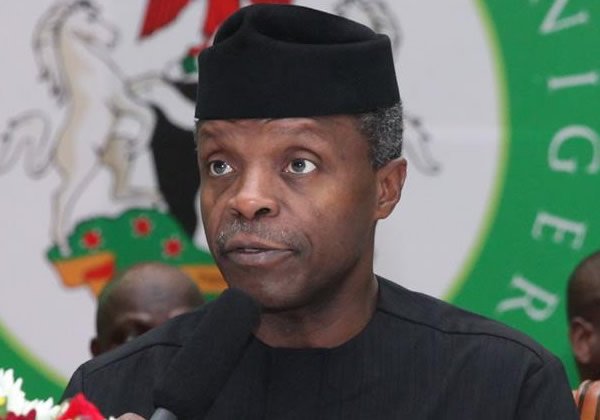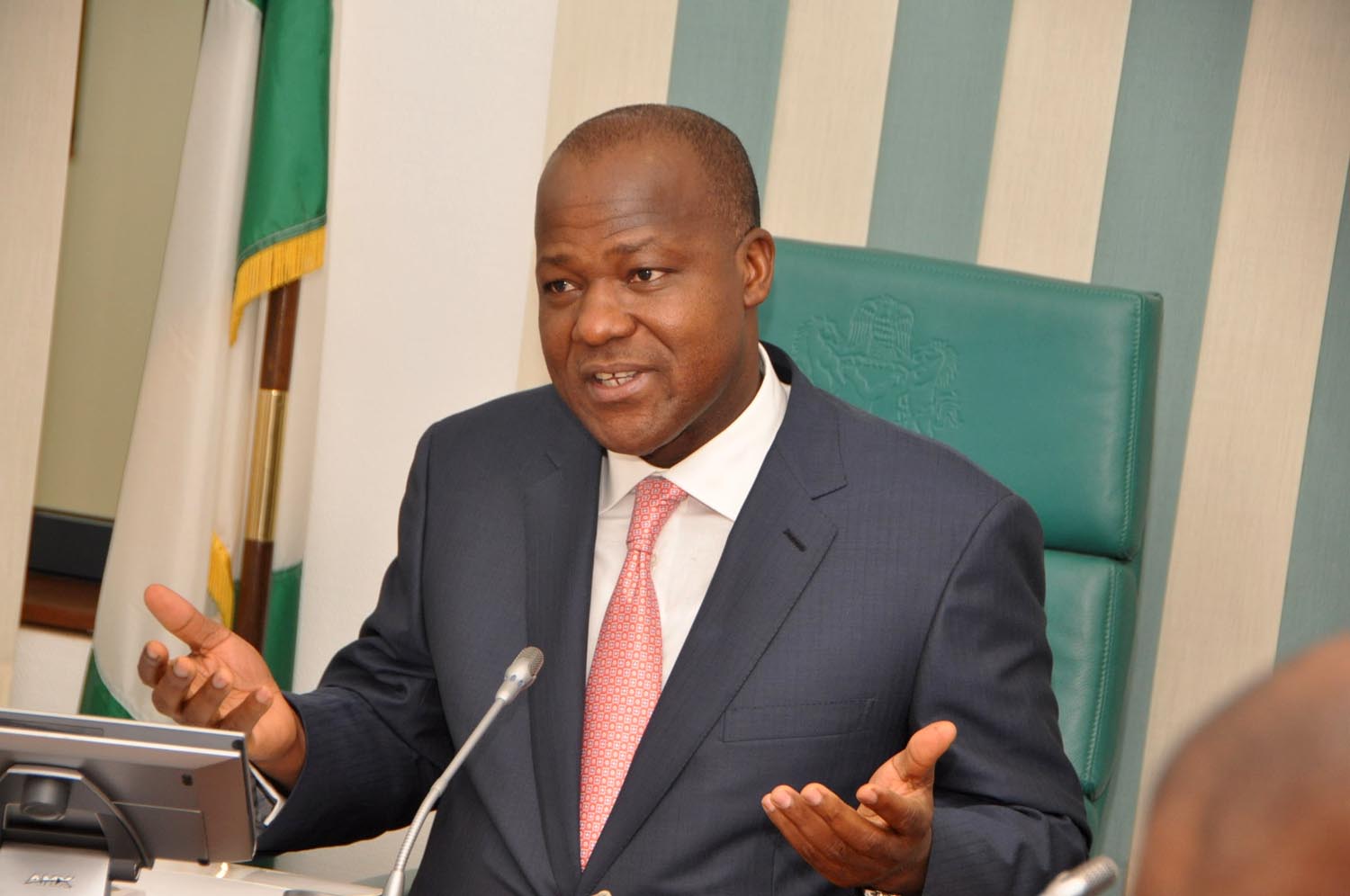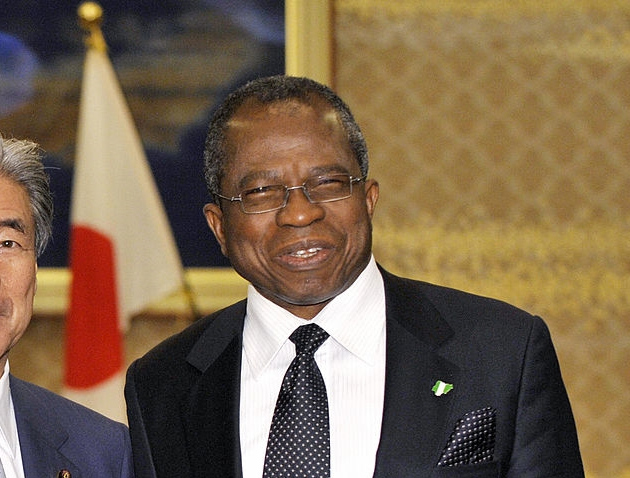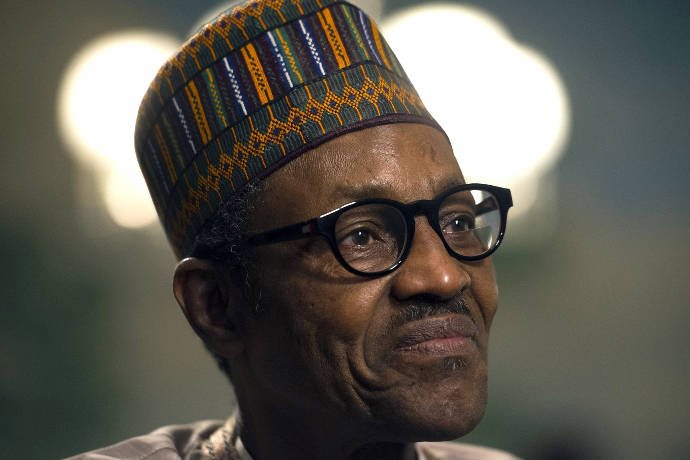In response to public outrage over the 197/$ concessionary foreign exchange rate that the Federal Government granted to hajj pilgrims, the Presidency explained that Muslim pilgrims are only getting their own share of what Christian pilgrims got last year. It’s not a new thing or an act of favouritism. It’s the politically correct thing to do.
That explanation was necessary but an insufficient answer to the public anger.
The point is not about why what is sauce for the goose should not also be sauce for the gander. It’s whether, at this rate, we would not feed ourselves as sauce for the goose and the gander. It’s about priority.
At a time when the government is rationing foreign exchange for manufacturers and parents have to go to the “black” market to find foreign exchange for their children’s fees or essential medical care, why should religion get preferential treatment?
Advertisement
What does it say, in a supposedly secular state, when two religions are singled out for preferential treatment, not just at the expense of other faiths, but in spite of the increasing frustration of millions of people of all faiths and unbelievers, who may now have to eat religion for dinner?
Nigeria has just entered a recession and inflation is around 16.5 per cent. Unemployment, especially among the youth, is still high and climbing and incomes have collapsed. In two-thirds of the states, which have perennially relied on Abuja for handouts, workers are owed arrears of salaries of up to six months. The federal government’s bailout of N414 billion has hardly made any difference to the states and Abuja is under pressure for a second round of bailout.
In many states, pensioners are pining away, while those working and the unemployed are dealing with energy costs that have gone up by 45 per cent.
Advertisement
It is odd that the government is complicating its own problems when it is digging the country out of a hole created largely by falling oil prices and the incompetence and corruption of the last administration. President Muhammadu Buhari cannot defend the tough choices that must be made for recovery if his government is sending a message that it is more willing to bend to special interests – religious or otherwise – than it is to honour the sacrifice he is asking all citizens to make.
And why should it be so difficult to say ‘No’ to the religious lobby, anyway?
Last year, Buhari reportedly said his government would not be subsidising pilgrimages. That was long before the Christians made their claim for subsidy and, well, much longer before the current hajj. The president should not have allowed the religious lobby to take him hostage. Religion is a private matter, as is the decision to undertake a pilgrimage to Mecca or Jerusalem.
State involvement should be limited to logistics and basic consular support, the same kind of service you would expect the government to provide to any large group of citizens going even on a tour of China’s Great Wall. Sadly, pilgrimage has grown over the years to become an industry, with its full compliment of saints and scoundrels. It’s got so bad that Bishop Mathew Hassan Kukah once described it as “a business.”
Advertisement
But that’s because politicians have encouraged it. While hundreds of thousands of the faithful are happy to claim subsidy amounting to billions of naira yearly, without even a guarantee of efficient service, politicians are pleased to milk the situation.
Of course they pretend otherwise. Politicians give the impression that pilgrimage subsidy is one way to help citizens fulfill their aspirational needs. But that nonsense was cynically exposed once and for all by the former Oyo State Governor, Alao Akala, when he said at a send-off for a contingent of state-sponsored pilgrims, “If these 1,500 and another 1,500 that will be going to Jerusalem bring along 10 each to vote for us, then we will be here again next year to do this kind of programme for another set.”
That’s a classic on pilgrims as pawns.
There are those who will argue that since state subsidy is all that voters may get in four years, they should take it and still vote their conscience on Election Day. Maybe. But such opportunism assumes that the damage from subsidy is only limited to the ballot. It is not. Responsible citizens should also be concerned that government subsidy for any religious groups violates the country’s secular status. That has to stop.
Advertisement
In a desperately poor country where millions of children are out of school and out of reach of basic healthcare, pilgrims boards are a terrible waste. And what do the officials do for the hundreds of millions of naira used to maintain them yearly? Two things: one, they make ceremonial appearances once or twice yearly, and two, they dispense state subsidies from which they benefit more per capita than even the pilgrims.
So, why should a government fighting corruption and broke by its own confession, continue subsidy under any guise?
Advertisement
The debate about government’s role in sponsoring or subsidising religious pilgrimages is an old one. It’s a legacy of some former colonies but then it was limited largely to logistics.
Deeper state involvement over the years has made the system more inefficient, and not unsurprisingly, more corrupt. In 2012, for example, the Supreme Court had to save India (a supposedly secular state) from itself by ruling that state subsidy must end in 2022 after widespread complaints of abuse, corruption and incompetence by hajj officials.
Advertisement
In Indonesia, a former Dutch colony and the world’s largest Muslim country, management of the state’s $5.4 billion hajj funds, expected to reach $15 billion by 2024, is still a big headache. In January, a religious affairs minister was jailed for six years over hajj-fund-related fraud. And this was in spite of the government’s efforts in recent years to professionalize the funds.
In Nigeria, the Christian Association of Nigeria had, quite early on, opposed state involvement on the basis of secularity. That was until the foreign exchange subsidy and government patronage of Muslim pilgrims became too hard for the Christians to resist. CAN overcame the temptation of pissing in from outside by joining the gravy train. Now, our collective voices cannot restrain either the faithful or a complicit government from going astray.
Advertisement
If Buhari now thinks it is too politically dangerous to change his mind about pilgrims, perhaps the governemt could consider the Malaysian model, which operates essentially as a fund by pilgrims pooled over many years and managed as interest-free investment portfolio. This model is obviously less prone to abuse and, beyond pilgrimage, could be invested for the benefit of contributors and the larger society.
Continuing with the present state sponsorship is not only a non-option, it is an insult on secularity and a huge incentive for waste and corruption. It simply cannot stand.
Ishiekwene is the MD/editor-in-chief of The Interview magazine and board member of the Paris-based Global Editors Network
Views expressed by contributors are strictly personal and not of TheCable.
Add a comment







